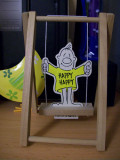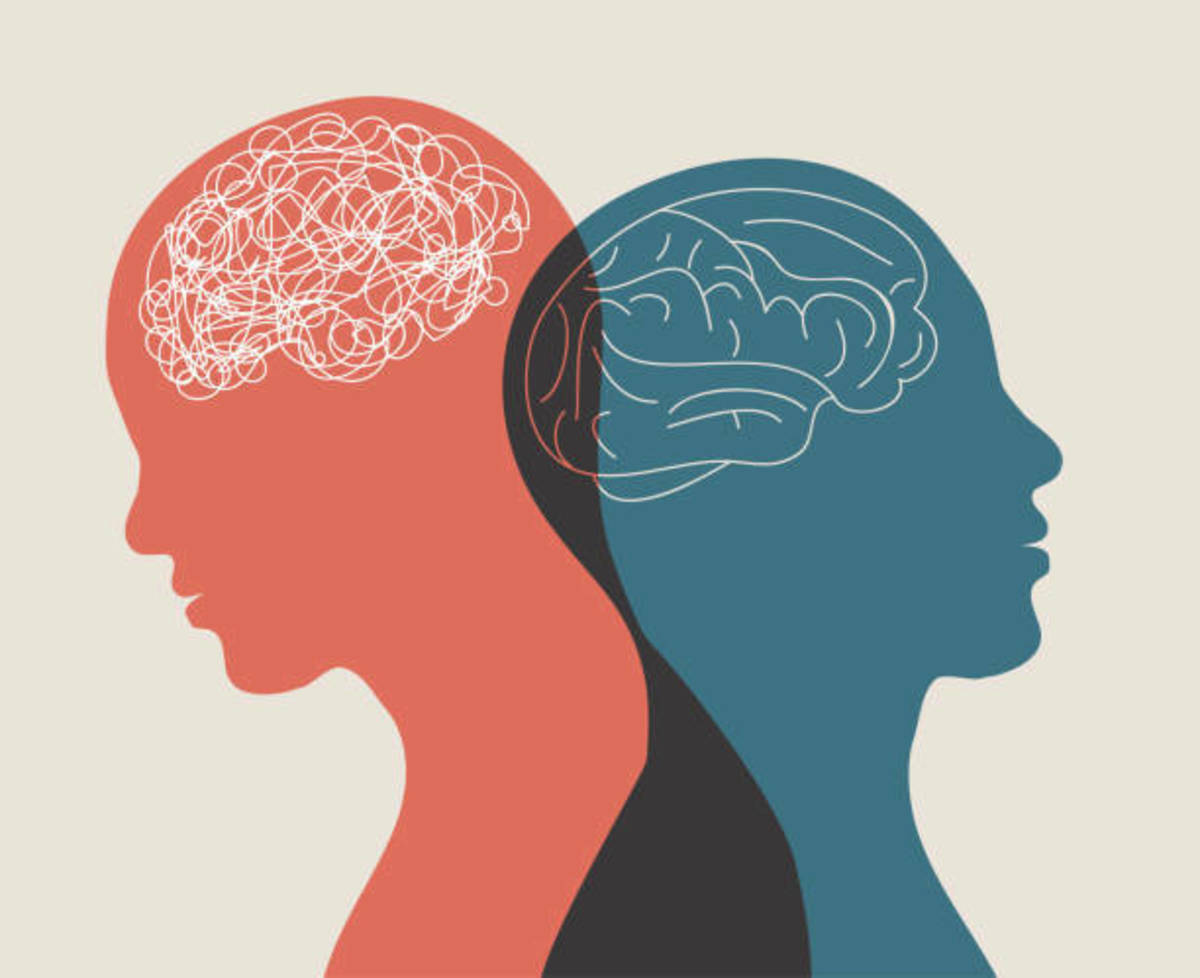How to Cope with a Person with Bipolar Disability

According to Pendulum.org, coping with a person with bipolar disorder can be very challenging and can evoke an array of emotions, including grief, anger, guilt and shame. Whether it's a friend or a family member that is suffering with this disorder, handling his or her mood swings and trying to cope with the disability can sometimes become overwhelming. In order to cope properly, it's important to educate yourself and have a support group and resources in place.
- Educate yourself with effectual coping strategies. Knowing the facts of the illness can make it less overwhelming and easier to manage, and it can help you understand your role with regard to your loved one's recovery plan. Contact a local mental health resource center for resources on how to help prevent setbacks and how to lessen stress for everyone involved.
- Give yourself time to grieve about the illness of a loved one, spouse or friend. It's also important not to blame yourself or think that you did something to make it worse.
- Recognize the warning signs that might be associated with the early signs of a manic or depressive episode. There are certain things that you can do to help the bipolar person become stable, or at least help them through an occurrence. Check out resources from support groups to help you cope with the ups and downs.








